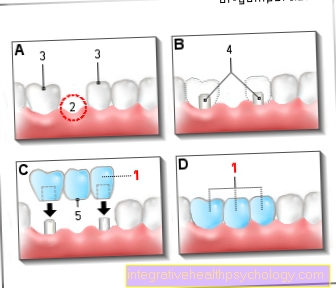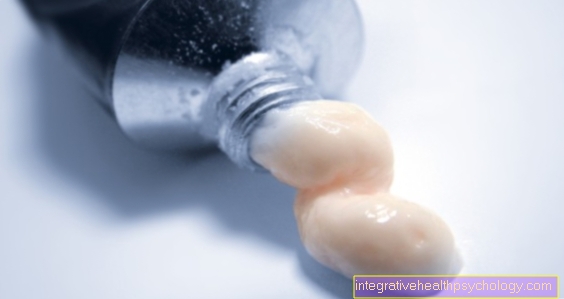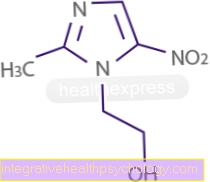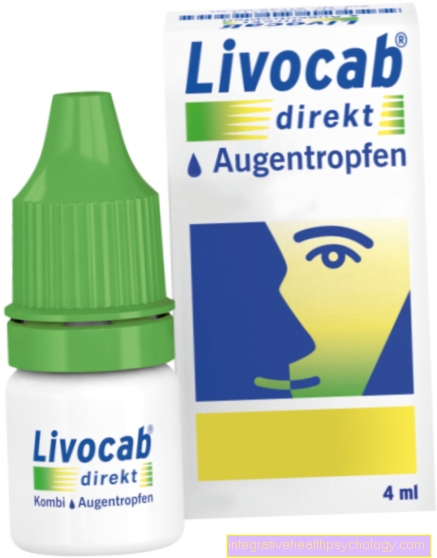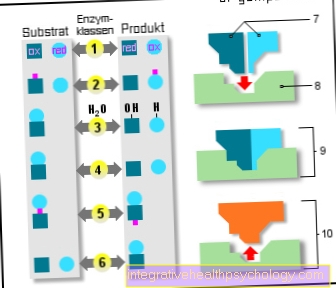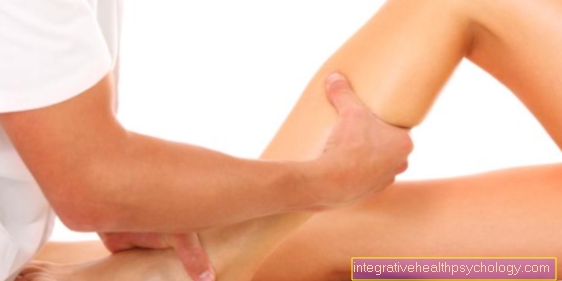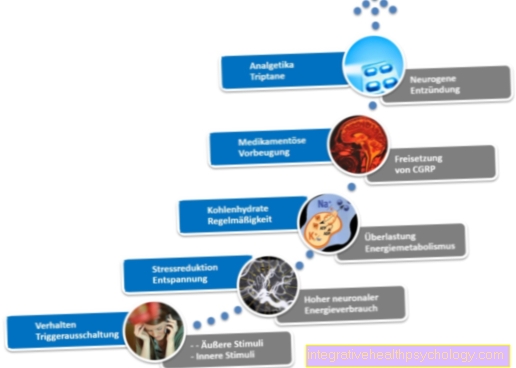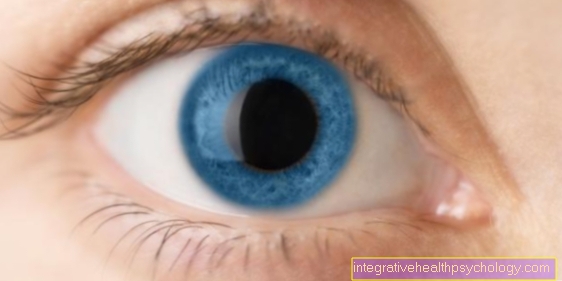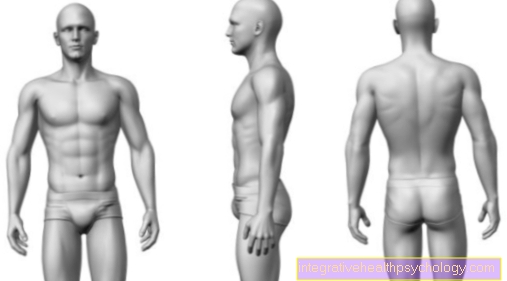Causes of atopic dermatitis
introduction
The cause of neurodermatitis (atopic dermatitis) has not yet been clarified. It is assumed that genetic and immunological factors interact.
Gene defects can lead to an impaired barrier function of the skin and thus facilitate the penetration of allergens. The increased penetration of allergens initially causes an inflammatory reaction and then an immune reaction.
The hygiene hypothesis plays an important role in the development of neurodermatitis. This states that with increasing living and hygiene standards, the immune system is insufficiently “trained” and as a result reacts more intensely to allergens.
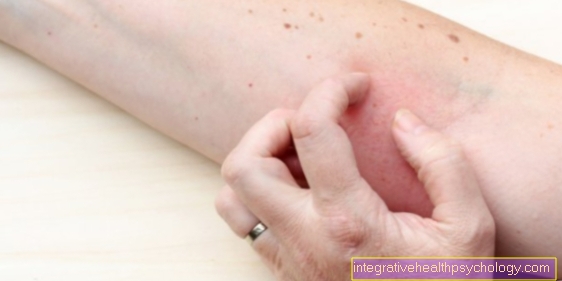
Trigger for atopic dermatitis
Atopic dermatitis can be triggered by various factors. First, a distinction is made between different forms of neurodermatitis.
- In 70-80% of cases, neurodermatitis is triggered by an increased sensitivity to environmental and food allergens (extrinsic form)
- Such sensitization cannot be detected in 20-30% of those affected (intrinsic form).
Triggering allergens can be:
- House dust mites
- Animal epithelia
- Pollen
- Food (especially milk, egg, nuts, fish, soy and wheat)
- nickel
- Fragrances
In addition to the allergens described, the following factors can “trigger” neurodermatitis (trigger factors):
- Skin irritations (textiles (wool), sweating, heat build-up, excessive / aggressive skin cleaning, exposure to tobacco smoke)
- Extreme climate (cold, extreme dryness or humidity)
- Emotional stress (stress)
- Hormone fluctuations
- Infections
- Lifestyle (obesity, tobacco consumption, alcohol consumption)
stress
A trigger for neurodermatitis that should not be neglected is psychological stress. Stress leads to the release of stress hormones such as adrenaline, noradrenaline and histamine in our body. In addition to increasing the heart rate and blood pressure, these hormones trigger an inflammatory reaction. Cells from the blood migrate into the tissue to combat potential pathogens. Histamine, in particular, causes severe itching in the skin. People who suffer from neurodermatitis should therefore avoid stress or reduce it through specific relaxation techniques.
- Find out more about this through our article: Neurodermatitis and the psyche - what is the connection?
What role does the psyche play?
Psychosomatic factors play an important role in neurodermatitis. Psychological stress can on the one hand worsen the clinical picture (see stress as a trigger), on the other hand, the illness itself has a significant influence on the mental health of those affected.
Often with neurodermatitis there are nightly itching and scratching attacks. Over a longer period of time, these lead to sleep deficits and impaired concentration. Those affected often suffer from visible skin changes and tend to have a reduced self-esteem. Above all, the disease association with stress leads to the fact that scratching solidifies as a behavioral pattern in stress and conflict situations.
- Find out more about this through our article: Neurodermatitis and the psyche - what is the connection?
Cause of neurodermatitis in babies / children and adults
The cause of neurodermatitis in babies / children is no different from the cause of neurodermatitis in adults. Neurodermatitis can occur at any time, the disease most often already begins in infancy.
An important difference between neurodermatitis in infants and adults is the manifestation of the skin symptoms.
Form of expression in infants / babies
Atopic dermatitis in infants often begins with cradle cap. Cradle cap is flat, adherent, yellowish scales on the face and hairy head. This occurs mainly on the face but also on the outside of the arms and legs. The skin is red, wet, and itchy.
Form of expression in childhood / puberty
Scaly, dry skin changes can be found here in the bends of the joints of the arms and legs as well as in body folds.
Form of expression in adults
Small, coin-shaped skin eczemas that are very itchy often occur in adults. In addition to the flexor sides of the extremities, these also occur on the neck and décolleté.
Hand and foot eczema (dyshidrotic eczema) are also common in adults. These usually show up as an initial symptom when neurodermatitis first occurs in old age.
With increasing age, in the area of skin changes due to chronic irritation, a leather-like change in the skin with an increase in thickness and coarsening of the skin structure (lichenification) occurs.
Neurodermatitis and the sun
The sun often has a positive effect on the course of neurodermatitis. UVA rays have an antibacterial effect, which allows inflammation of the skin to heal faster. In addition, itching and the immune reaction are reduced.
However, the negative effects of exposure to the sun should not be ignored. Especially with neurodermatitis, the skin is more sensitive to light due to the impaired skin barrier. Sunburn can cause skin irritation with itching and inflammation. Sunscreen should therefore be used urgently. It should be ensured that there are no fragrances or dyes in the sun cream. In addition, sweat and heat have an irritating effect on the skin of neurodermatitis sufferers. Care should therefore be taken not to apply any creams that are too greasy, as heat can build up on the skin here.
Eczema and mold
Not everyone reacts the same to mold. In atopic dermatitis, however, the likelihood of a reaction is increased, as the skin barrier is disrupted and the penetration of mold spores into the skin is encouraged. Damp rooms with mold can therefore increase neurodermatitis.
Since the immune system is not yet fully developed in young children, they are particularly at risk.
It should therefore be ensured that the room is free from mold. Regular ventilation and dehumidification of the room helps to prevent mold.

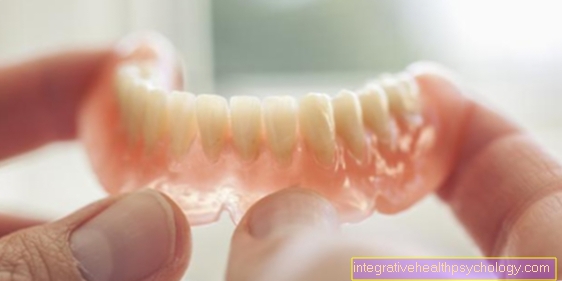
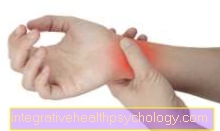


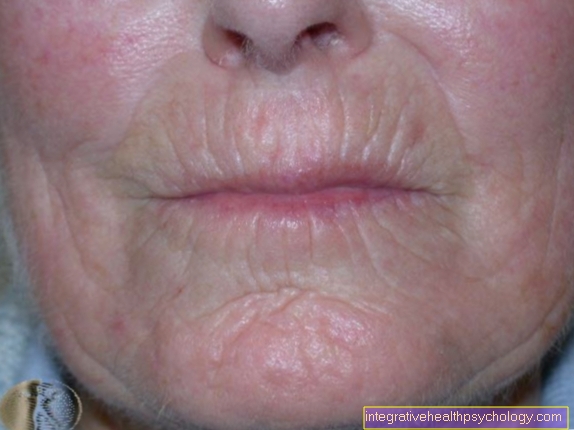
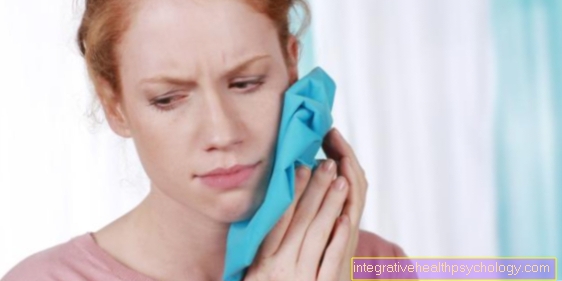


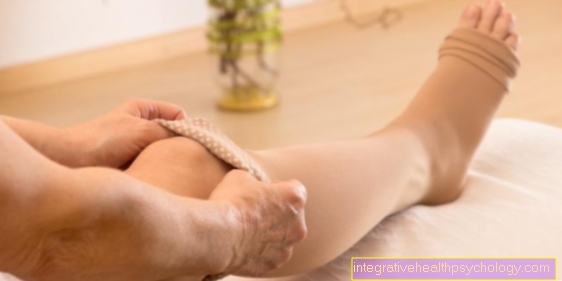
.jpg)
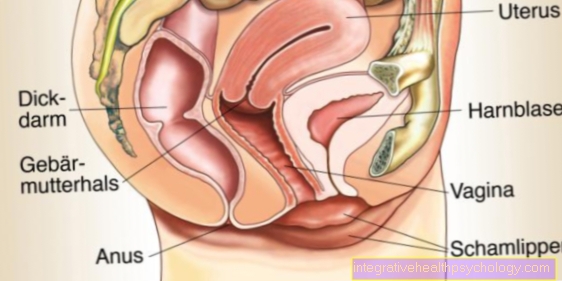
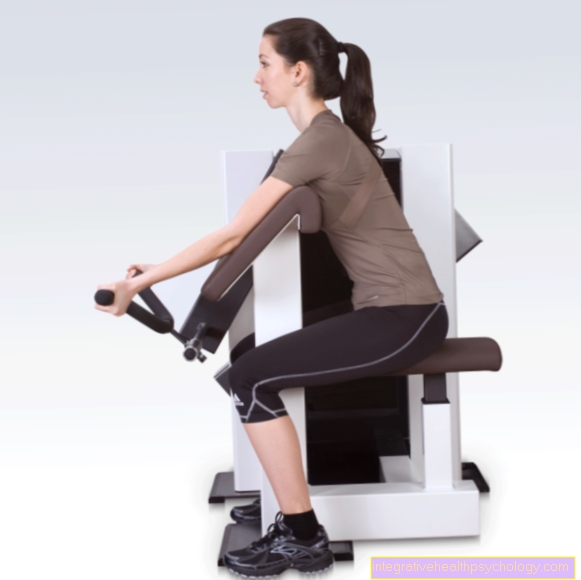

.jpg)
